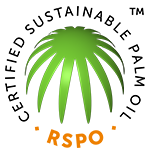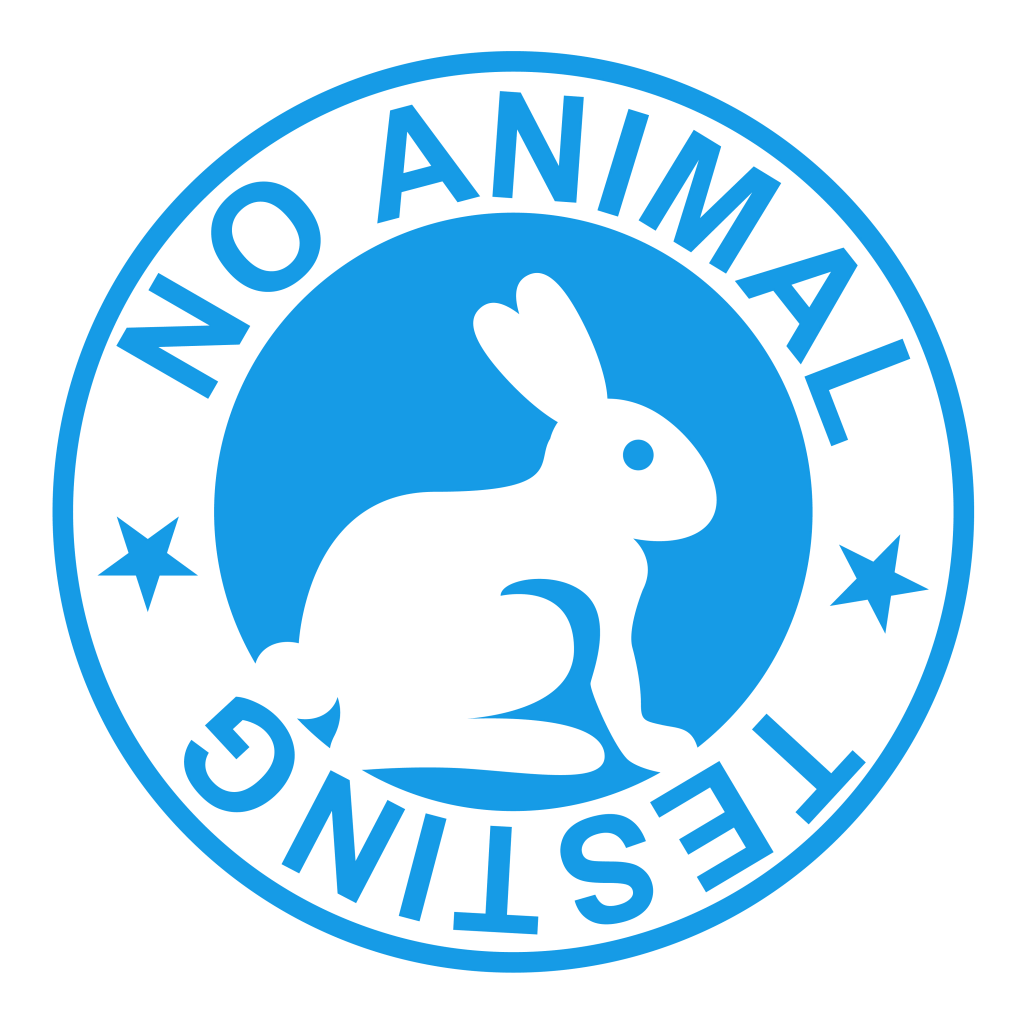Cola®Triazine 80 (ME) Triazine-based H₂S scavengers are widely used in the oil and gas industry for their fast, efficient, and selective removal of hydrogen sulfide. Hydrogen sulfide is commonly found in crude oil, natural gas, and production fluids. Triazine reacts quickly with H₂S, which is highly toxic and corrosive, to generates byproducts that are non-toxic, water-soluble byproducts that are easy to handle. Therefore, triazine ensures a safe operation.
Triazine is non-corrosive, which helps protect pipelines and equipment from damage. Its liquid form makes it easy to inject into production streams.
Triazine scavengers are versatile and effective across a wide range of temperatures.
To request technical or sample information:
Address
3460 Al-Wisam 16th Street
3rd Industrial City 34857
Dammam, Saudi Arabia
Phone
+966 557473559
+966 920029440

Colonial Chemical, Inc. practices good conservation of soil, water, forests, minerals, grasslands, wildlife, and energy, and we urge others to do the same.
We believe that palm products (any product or ingredient derived from oil palms, including palm oil, palm kernels, palm kernel oil, palm kernel expeller, and their fractions and derivatives) should come from sustainable plantations that actively conserve rainforests and peatlands. To support this, Colonial Chemical, Inc. fully endorses the Roundtable on Sustainable Palm Oil (RSPO) authorized supply chain system for sustainable palm oil producers.
We will procure goods from suppliers certified as RSPO members when raw materials may contain palm products. RSPO-certified production units have been independently audited to ensure compliance with strict social and environmental responsibility guidelines and sustainable palm oil production criteria.
Check our progress at www.rspo.org.

Colonial Chemical, Inc. conducts tests on raw materials and finished products to ensure consumer safety, product effectiveness, and regulatory compliance through approved and validated methods.
We are committed to reducing or eliminating animal testing and aim to refine, reduce, and eventually replace laboratory animals in our testing processes. We gather data using efficient protocols, extensive database modeling, and in vitro assays (conducted with cultured cells, cell fractions, or bacteria) whenever possible. We will never test our products on animals for cosmetic data generation.
Animal testing will only be commissioned if required by government regulations and when all alternative methods have been exhausted. This testing will be conducted through independent, accredited laboratories that adhere to strict international animal care regulations, ensuring minimal discomfort without compromising study efficacy.
Our products are registered with REACH (EU), NICNAS (Australia), DSL (Canada), and TSCA (U.S.), all of which endorse alternative animal testing methods.